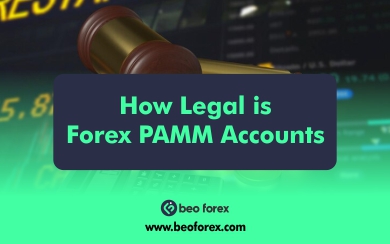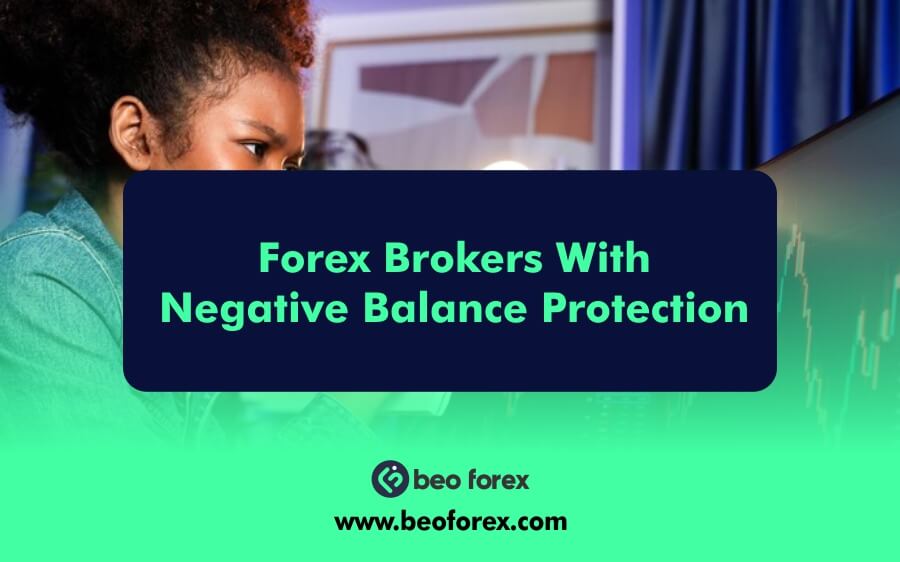How legal is Forex PAMM accounts as an investment approach: This question is crucial for potential investors navigating the complex landscape of forex trading. As interest in the Forex PAMM accounts increases, one important but quite relevant consideration involves the legal status of PAMM accounts. These accounts offer an attractive opportunity for investors to leverage the expertise of seasoned traders while sharing profits and risks.
However, the regulatory environment for Forex trading varies significantly between jurisdictions, raising key legal considerations for investors. This article examines the regulatory framework for Forex PAMM accounts, outlines potential risks, and offers insights for safe, informed investment decisions.
Regulatory Framework
The regulatory framework on Forex PAMM accounts has a lot to say with regards to investor protection and market integrity. Regulations on Forex PAMM accounts vary by region, which directly influences how they function and their legal status.
Global Regulations
Various regulations around the world control Forex trading, with most aimed at protecting investors and maintaining fair market practices.
Since PAMM accounts usually fall under the category of managed accounts, there can be specific investment management regulations that may apply depending on the jurisdiction.
Licensing and Compliance
Investors will only be confident in those brokers who had taken the license from some credible regulatory authority. Licensed brokers must comply with strict standards of keeping enough capital reserve and also practicing appropriate risk management standards.
The broker offering PAMM accounts ensures compliance by accurate reporting, client fund segregation, and adherence to AML and KYC policies.
Legality by Region
The legality of Forex PAMM accounts largely differs depending on the region, as it very much depends on regional regulations and supervising regulatory bodies. Let us have a closer look at the main regions:
North America
- United States: Forex trading is regulated by the Commodity Futures Trading Commission (CFTC) and the National Futures Association (NFA).These regulations permit PAMM accounts; however, brokers must register and adhere to CFTC provisions to ensure investor protection and operational transparency.
- Canada: The Forex trading laws in Canada are conducted on a province-to-province basis because each has a different securities regulator. PAMM accounts are permitted if the broker is following the local regulations in terms of the agency’s legal registration and other aspects.
Europe
- European Union: In the EU, Forex trading is regulated by the European Securities and Markets Authority (ESMA) with strict directives to be enacted regarding investor protection.PAMM accounts are legally available, but brokers must comply with MiFID II, which elevates transparency and protection for investors to a whole new level.
- United Kingdom: Forex trading in the UK is regulated by the Financial Conduct Authority (FCA), whose responsibility is to ensure high consumer protection. The PAMM account is accessible under the rules of the FCA, given that brokers are licensed and follow regulatory standards accordingly.
Asia
- Japan: Brokerages are regulated by the Financial Services Agency (FSA), and it does so with very stringent measures. In summary, PAMM accounts may be possible under such conditions, but they need to abide by the FSA regulations of registering themselves and following its policies.
- Singapore: Monetary Authority of Singapore, MAS, regulates Forex trading, therefore ensuring that Forex brokers operate according to very high regulatory standards. PAMM accounts are deemed legal, as long as they are provided by authorized brokers and follow local laws too.
- Other Asian Countries: In Asia, there is a lot of various legislation; some have quite good oversight while others do not have wide-reaching regulation. Investors should look at local legislation in order to understand the legitimacy of PAMM accounts within specific jurisdictions.
Other Regions
- Australia: The Australian Securities and Investments Commission (ASIC) regulates Forex trading, thus allowing PAMM accounts under strict compliance requirements.
- Middle East and Africa: Few regulations exist on the subject and vary wildly. Some countries strictly regulate Forex, while others hardly regulate Forex at all. Investors would be well advised to investigate local laws concerning PAMM accounts.
Risks and Legal Considerations
Investment in Forex PAMM accounts has a set of risks and legal considerations that investors must know to protect their capital and avoid any possible disadvantages.
Fraud and Scams
Just like any other participant of the Forex market, PAMM accounts are not fully safeguarded from fraud. Beware of Ponzi schemes and unregulated brokers.
Verifying brokers’ licenses and regulations, along with watching for red flags like guaranteed returns, helps potential investors avoid scams.
Legal Disputes
Misrepresentation of performance, breach of contract, profit distribution disagreements are some serious concerns that may arise. Any investor involved in legal matters should seek professional legal advice and report misconduct to the regulatory authorities.
Tax Implications
Investors may need to pay taxes on returns from PAMM accounts, depending on their local taxation laws. They should keep accurate records of transactions and consult a tax professional to ensure compliance with all legal requirements and proper tax reporting.
Market Risks
The Forex market is very volatile; due to this, the performance of PAMM accounts undergoes extreme fluctuations. Investors must be aware of this market volatility and select a skilled manager who will most possibly reduce their losses.
Frequently Asked Questions (FAQs)
What is a PAMM account in Forex trading?
- A PAMM account is a type of managed trading account where investors allocate their funds to a trader or money manager who carries out the trading on behalf of the investor. The account manager divides profits or losses proportionately among all contributors based on the size of their contributions to the account.
Is a PAMM account legal?
- Yes, the PAMM accounts are legal in most jurisdictions, only if these services are provided by licensed and regulated brokers. Again, the legality and regulatory requirements surrounding it do vary depending upon the region. It’s best to check any local laws regarding this, along with broker credentials.
What are the PAMM account investment risks?
- The various risks associated with volatility in markets include fraudulent deals or scams and poor trading performance by an account manager. There’s also the possibility of legal disputes over misrepresentation or breaches of contract.
























